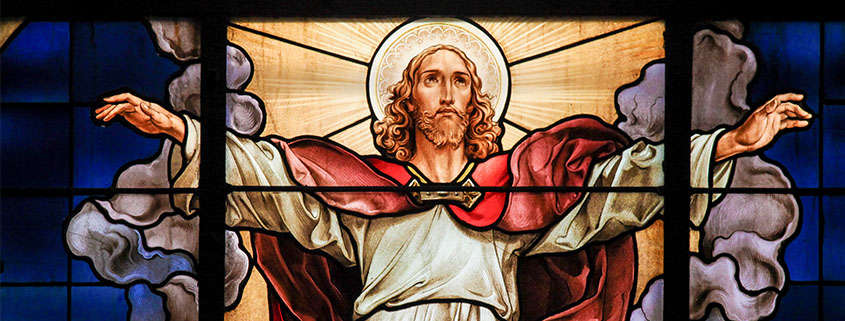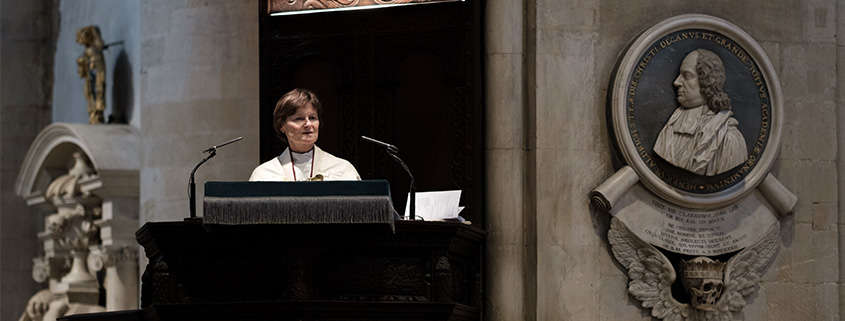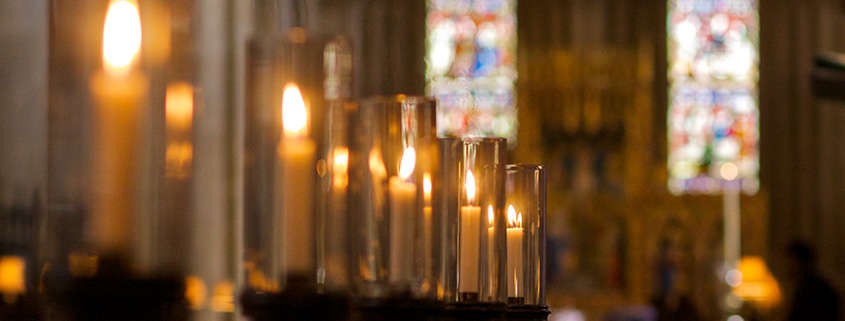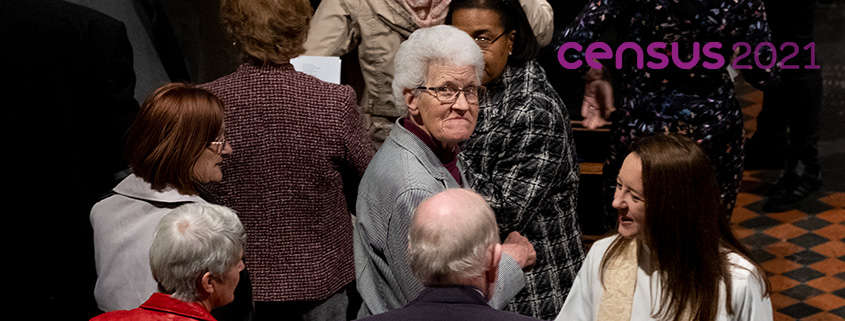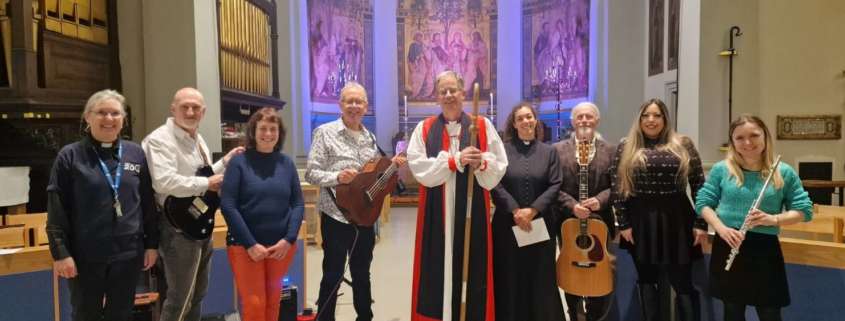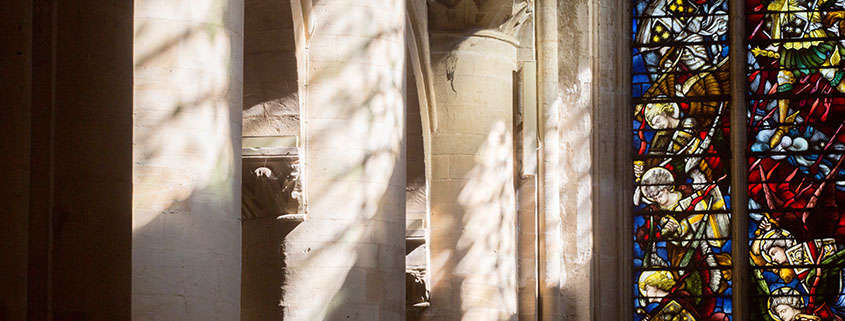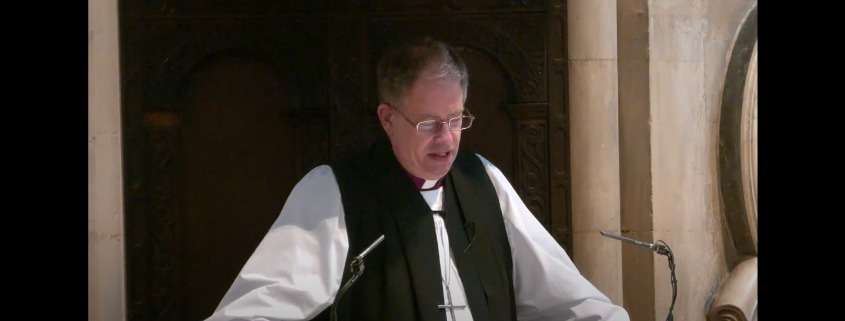A very happy Easter to you and to your families. It’s good to be together to rejoice and to reflect.
Jesus was crucified. His body was laid in a tomb. On the third day he appeared to Mary Magdalene, to Peter and then to all the apostles. His resurrection brings deep joy and hope. His power and his Spirit give life to the Church throughout the world. Alleluia Christ is risen. He is risen indeed Alleluia.
Within a generation, the good news about Jesus has travelled from Jerusalem and through Judea and Samaria to every part of the Roman Empire. The resurrection of Jesus is not simply an event: something remarkable which happened to Jesus of Nazareth after his death. The resurrection is not simply a sign of the promise of eternal life for all.
The resurrection is something to be lived every day; something which affects every Christian, in every place in even every moment. An event which has the power to change our lives.
This is what Paul writes to the Colossians.
“So if you have been raised with Christ, seek the things that are above, where Christ is, seated at the right hand of God. Set your minds on things that are above, not on things that are on earth, for you have died, and your life is hidden with Christ in God”
– Colossians 3.1-3
Think what Paul is saying here. Your resurrection and mine is not a remote event in the future which follows our death. Your resurrection and mine has already happened. We are living the risen life today.
The big, bold instruction which follows is for every Christian, every day but especially on Easter Day. As one translation has it: “Don’t shuffle along, eyes to the ground absorbed with things right in front of you. Look up”.
Walk down any street and you will see many people shuffling along – often with their eyes glued to their devices afraid of missing anything yet actually missing everything. Set your minds on things that are above. In words which we will use later in this service: Lift up your hearts. To where will we lift them? Where else but to where Christ is. We seek to be born from above, to be filled with power from on high, to have our minds filled with wisdom from above. To gain and hold the perspective of eternity as we grapple with the problems of the earth.
Set your minds on things that are above. Start today. When we do that it is amazing what we can do.
I spent the best part of a year in 2021 and 2022 visiting every part of the Diocese of Oxford, from Olney to Hungerford, from Ascot to the Cotswolds. I met with all 29 clergy chapters and listened to thousands of people’s experiences of the pandemic. I heard of tiredness and exhaustion and illness and grief, the cost-of-living crisis and the war in Ukraine. I was expecting to hear all of that.
But in every single place, even at the darkest moments, I also heard so many stories of hope and rebuilding and transformation: extraordinary acts of kindness; food banks; visiting schemes; community care; meals for key workers; visiting asylum seekers; welcoming refugees from Ukraine; starting new congregations; rebuilding in person worship. The clergy and lay ministers of the diocese have been extraordinary, including in this Cathedral church. We have together seen a miracle. The same creativity and love has continued as life and strength has come back to the church after the lockdown.
How is that even possible that men and women find such strength and resilience and hope to imagine new things in the midst of so much darkness?
Because in every place, in every generation, in times of difficulty Christian people lift up their hearts. We set our minds on things which are above, not on the earth. As we look to Christ and the power of the resurrection, the impossible begins to look possible again and hope returns. From time spent in silence and prayer, strength returns to this Easter people. The alleluia’s we sing today give us the energy we need for works of mercy tomorrow and the next day. As one writer has it, resurrection people see grief turn into possibility; trial into opportunity and sorrow into dancing .
The cross tells us that God is with us in the suffering. In the last few weeks I have spent time with a congregation grieving the sudden death of their priest; another whose priest has been seriously ill; another struggling with division. But Easter speaks to us each day of new life and hope. I know that in each of those situations there are women and men who lift their minds and hearts to heaven and so the mending and the healing and the hope begin to bring change.
The world around us needs to hear this. It’s not easy in this generation to set your minds on things which are above. There are many distractions. We carry in our smartphones the anxieties and despair of the whole world. A think tank published a report just last week with the title Burnt out Britain. The reason for the burn out is not longer working hours but the exhaustion of distraction through technology leading to a sense of being overburdened and decreasing the time we give to civic life and volunteering.
Our own hearts and minds and those of our young people are being shaped and overwhelmed and harmed by the power and temptations of technology. Society needs much better regulation and oversight than currently exists. Online safety should be as much a human right as offline safety. The Online Safety Bill currently going through Parliament needs to be further strengthened to protect both children and adults from greater harm, from dragging our hearts and minds down to earth. Britain will need robust regulation of artificial intelligence to build public trust and confidence and to prevent further harm.
But all of us can begin to live the power of the resurrection today. Set your minds on things that are above where Christ is, seated at the right hand of God. Set your mind on things that are above. Begin each week with worship. Begin each day with a quiet time of prayer and bible reading. Celebrate your resurrection each and every day. For the sake of the whole world, lift up your hearts.
+Steven
Christ Church, Oxford
Easter 2023
Picture: Stained glass window in the German Church in Stockholm Sweden (c) Shutterstock

